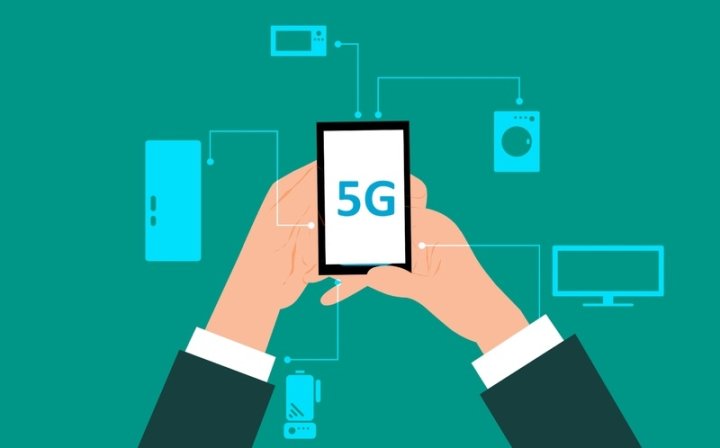The mobile landscape is undergoing a radical shift. With skyrocketing data demands and ever-evolving technologies like 5G, traditional network infrastructure struggles to keep pace. This is where mobile virtual network enabler (MVNEs) emerge as game-changers, empowering mobile providers to unlock the full potential of network virtualization. But what exactly are these, and how do they contribute to the virtualization revolution? Read on to dive deeper.

Understanding This Technology:
Imagine an MVNE as a highly skilled IT architect specializing in building and managing virtual networks. They provide mobile providers with the infrastructure, technology, and expertise to launch their mobile services without the hefty upfront investment of building and maintaining a physical network. This allows providers to:
Focus on their core strengths: By outsourcing network operations to MVNEs, providers can dedicate their resources to marketing, customer service, and developing unique value propositions.
Increase agility and innovation: It offers pre-built, scalable network solutions, enabling providers to quickly adapt to market trends and roll out new services faster.
Reduce costs: Leveraging virtual infrastructure significantly reduces capital and operational expenditures compared to traditional networks.
It comes in various flavors, each catering to specific needs. Some specialize in providing wholesale network access, while others offer end-to-end solutions, including billing, customer management, and marketing support.
Unleashing the Power of Virtualization: Key Benefits for Mobile Providers:
Network virtualization offers numerous advantages for mobile providers, and it plays an important role in unlocking these benefits:
Network flexibility: Virtual networks are inherently flexible and can be easily scaled up or down based on demand, ensuring optimal resource utilization and cost efficiency.
Faster service delivery: Virtualization empowers providers to launch new services and features much quicker, giving them a competitive edge in the dynamic market.
Enhanced network performance: Virtual networks can be optimized for specific use cases, improving network performance, latency, and reliability.
Network innovation often stays at the forefront of technological advancements, allowing providers to leverage cutting-edge solutions like network slicing and edge computing.
The Future of Mobile Networks: Powered by Virtualization and MVNEs:
Network virtualization will become even more critical as the mobile industry embraces 5G and beyond. These are poised to play a central role in this transformation, empowering mobile providers of all sizes to:
Capture new market opportunities: Virtualization opens new markets and segments, allowing providers to cater to diverse customer needs.
Personalize the network experience: Virtual networks enable providers to deliver customized services tailored to individual user preferences.
Embrace the Internet of Things (IoT): Virtualization provides the scalability and flexibility needed to support the massive growth of IoT devices.
Summing it Up:
In conclusion, mobile virtual network enabler are not just network service providers; they are strategic partners, empowering mobile providers to navigate the exciting and challenging world of network virtualization. By leveraging their expertise and infrastructure, providers can unlock new growth opportunities, deliver superior customer experiences, and stay ahead of the curve in the ever-evolving mobile landscape.
So, if you’re a mobile provider looking to embrace the future of networks, consider partnering with an MVNE. Together, you can unlock the power of virtualization and build a network ready for anything.
